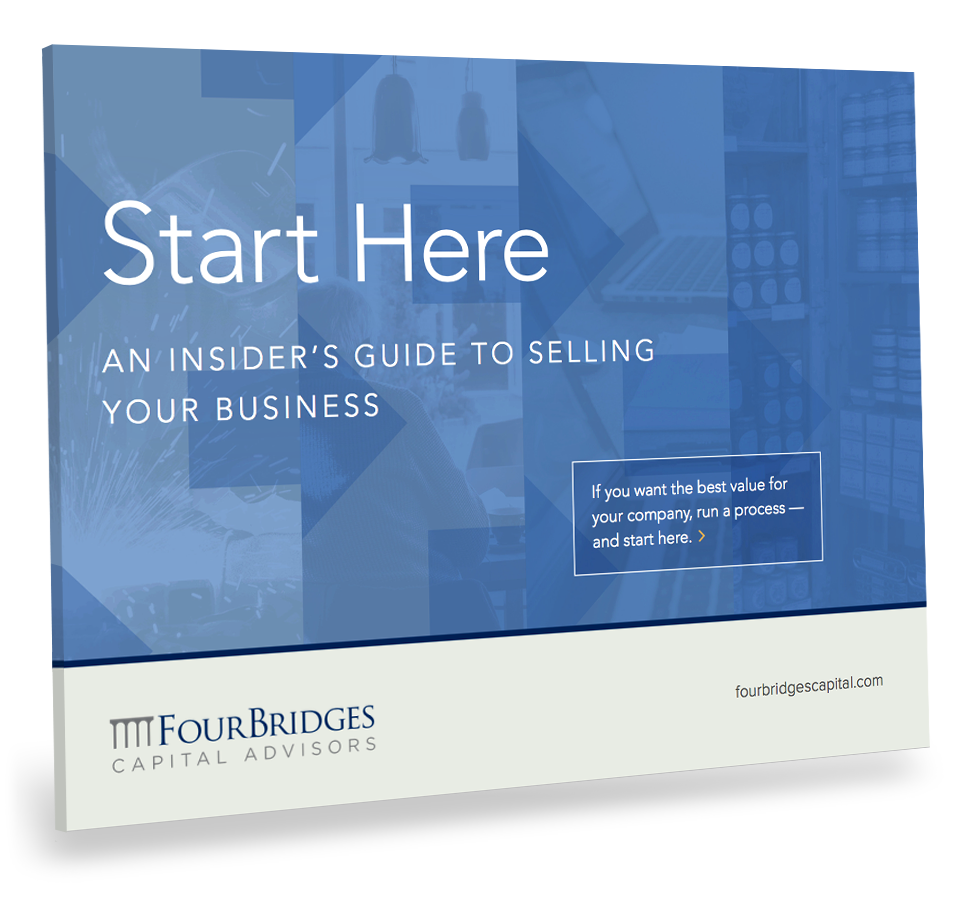Insights & News
[Sector Spotlight] Building Products
FROM THE HORSE’S MOUTH: A Buyer’s Perspective
Want to know what buyers are looking for in the building products industry? Read our Q&A with Sam Heischuber, a Principal at Angeles Equity Partners.
Angeles Equity Partners is a Los Angeles-based private equity firm that invests in businesses it believes can benefit from the firm’s strategic, operational, and M&A capabilities. Building products is an industry focus for Angeles Equity; American Construction Source, one of the firm’s portfolio companies, has made seven acquisitions in the past seven quarters.
FBC: As a buyer, how would you describe the current health of the building products sector?
Sam: Building products is an attractive space for buyers right now.
As context, our focus tends to be on the residential space, versus commercial or infrastructure. With that being said, the sector has performed very well through the pandemic.
As people have been spending more time at home, there is an increase in repair and remodel projects. Whether it is adding or updating a home office, or adding/expanding an outdoor deck, we have seen an uptick in building products demand.
New housing demand is being driven by low mortgage rates and people who were living in urban areas or apartments when the pandemic hit, who now realize they can avoid elevator issues and have more living space by relocating to a suburban neighborhood.
Residential construction is an open-air occupation which is generally less risky when it comes to health concerns. Workers are outside, and they are able to social distance, so — in most areas of the country — they haven’t been impacted by the pandemic the same way other industries have been.
As a result of all of this, construction has seen an uptick: builders continue to be busy, and backlogs are full.
FBC: In terms of M&A, what kind of activity are you seeing right now?
Sam: We have seen a lot of transactions happening through the pandemic. The drivers behind each deal will vary, but in general building products businesses are continuing to perform well in the short term.
These businesses remember the Great Recession slowdown, and many owners simply don’t want to go through another down cycle if construction and housing starts to show any signs of weakness. As a result, we are seeing an uptick in owners exploring an exit during the current busy time of building products activity.
What would you tell a business owner who’s thinking about selling in the next 1-3 years?
There are a few things that owner-operators in the building products sector can do to make their companies more attractive to buyers.
One of those is upgrading your IT systems. A lot of businesses we see don’t have the most ideal platforms, and that can make the integration post-transaction more challenging. It may require investment to get your systems upgraded, but it’s often worth it when the time comes to sell with modern communications infrastructure and financial systems.
High customer concentration may be an issue for some buyers. It’s not always something you can control (and it’s not always a problem), but if you can present a business where a handful of customers are not a majority of your customer base, that’s a stronger position.
I would also recommend not having deferred capex projects. Make sure your fleet and buildings are well maintained. It could affect purchase price if significant upgrades and replacements are required to bring vehicles and facilities up to standard regulatory and safety compliance.
And then it’s always important to have detailed books and records. Inventory counts and valuation discrepancies can significantly impact transaction timing.
FBC: Post-transaction, what would you tell a management team to expect?
Sam: There will inevitably be change informed by data and metrics. The reason for the changes is improvements to customer experience and operational efficiency by keeping the focus on local customer relationships while leveraging the advantages of national footprint and scale.
From procurement to invoicing and delivery, operations are inevitably going to shift. There is always going to be a transition period, which can be difficult, especially for businesses that have not innovated and automated.
I would just say: stay patient and engaged to help drive the changes — it’s being done for a reason and it’s ultimately creating improvements which are going to benefit customers, employees, and suppliers moving forward.
